Mango
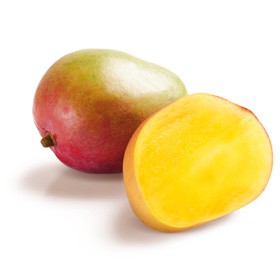
Mangifera indica L.
Mango has spread out from East India and Burma into the tropical areas all over the world, mainly thanks to the Portuguese, who have introduced it first in Africa and later into Brazil.
Mango is one of the most appreciated tropical fruits, given its fine and aromatic taste. Its unmistakable organoleptic qualities, while ensuring mango’s worldwide success as fresh fruit as well as ingredient for ice-creams, desserts, yoghurts, juices, etc., have overshadowed its exceptional nutritional value. Indeed, mango:
- is one of the best sources of vitamin A, thanks to a β-carotene content up to 1,900 µg per 100 g of pulp;
- contains good quantities of vitamin C, E and of vitamins of B complex;
- provides a good amount of potassium (from 150 to 250mg per 100g).
Chemical-Physical and Nutritional average values for 100g
Nutritional properties
| Values per 100g | NRV* % | |
|---|---|---|
| Energy | 87 Kcal - 367 kJ | |
| Proteins | 1,2 g | |
| Carbohydrates | 18,6 g | |
| Fats | 0,5 g | |
| Vitamin C | 20,0 mg - 33% RDA | |
| β-carotene | 1,100 mg - 183 RE | |
| ORAC | 1300 µmol TE |
Chemical-physical properties
| Values per 100g | |
|---|---|
| Total solids | 23 g |
| Soluble Solids | 19 °Brix |
| Acidity (Citric Acid) | 0,4 g |
* NRV = Nutrient Reference Values








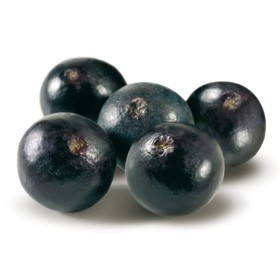
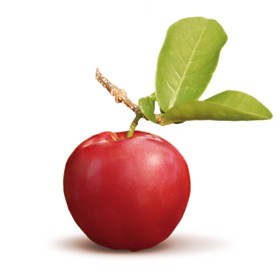
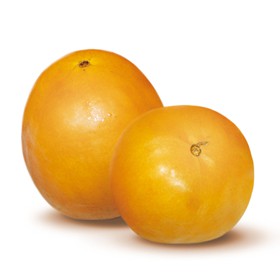
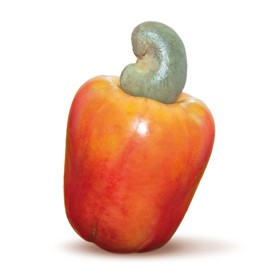
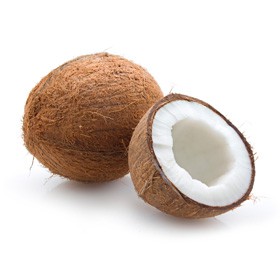
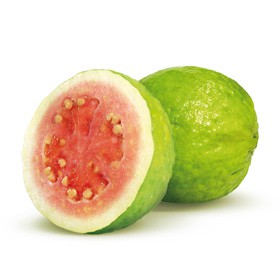
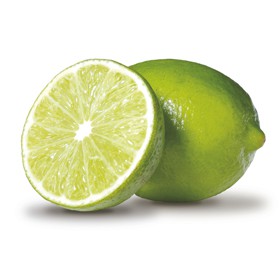
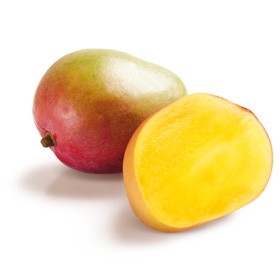
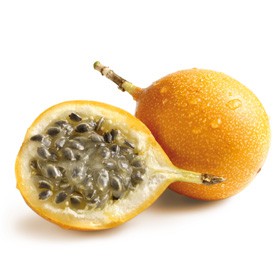
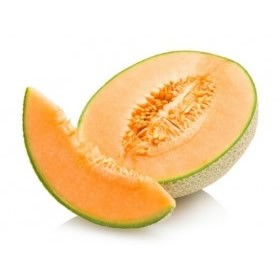
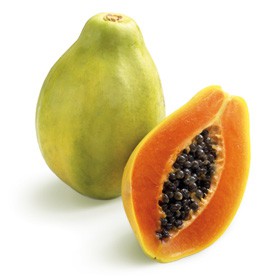
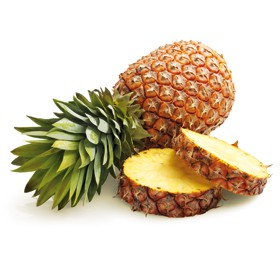
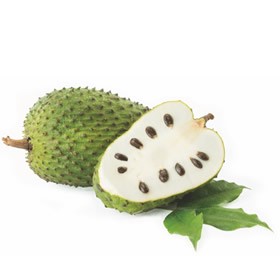
 Facebook
Facebook Instagram
Instagram